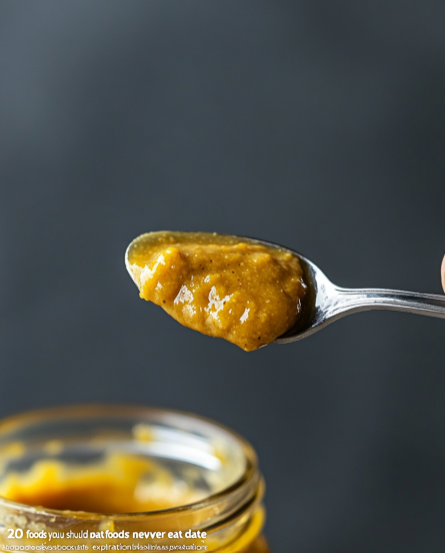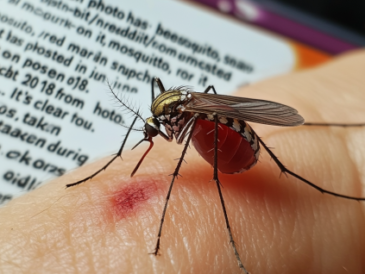How to Extend the Shelf Life of Common Foods
While some foods should never be consumed after their expiration date, there are ways to extend the shelf life of others. Here are some practical tips to help you manage food safety while reducing waste:
1. Berries and Leafy Greens
To keep berries fresh longer, store them in the fridge with a paper towel to absorb moisture. Leafy greens like spinach and lettuce last longer when kept in breathable bags with a small damp cloth inside.
2. Bread and Pastries
Store bread and pastries in the freezer to prevent mold. When you’re ready to eat, thaw them at room temperature for optimal freshness.
3. Condiments
For condiments like mayonnaise and salsa, make sure the containers are tightly sealed after use. Storing them in the coldest part of the fridge can prevent bacteria from growing.
4. Pre-made Salads and Sandwiches
Pre-made salads and sandwiches spoil quickly. If you’re preparing meals in advance, store ingredients like meat and dressings separately to add later and prolong freshness.
5. Leftover Cooked Meals
Store cooked meals in airtight containers in the fridge and consume within 3-4 days. Label each container with the date so you don’t risk eating expired leftovers.
Conclusion: Safeguard Your Health and Reduce Waste
Understanding expiration dates, food spoilage signs, and proper storage techniques are essential steps toward reducing food waste and safeguarding your health. Staying informed can help you avoid foodborne illnesses and maximize the freshness of the foods you consume. Take charge of your food safety today and prioritize the quality of what you and your family eat.
Resources:
- USDA Food Safety Guidelines
- CDC Foodborne Illness Prevention
- FDA Food Labeling Guide




